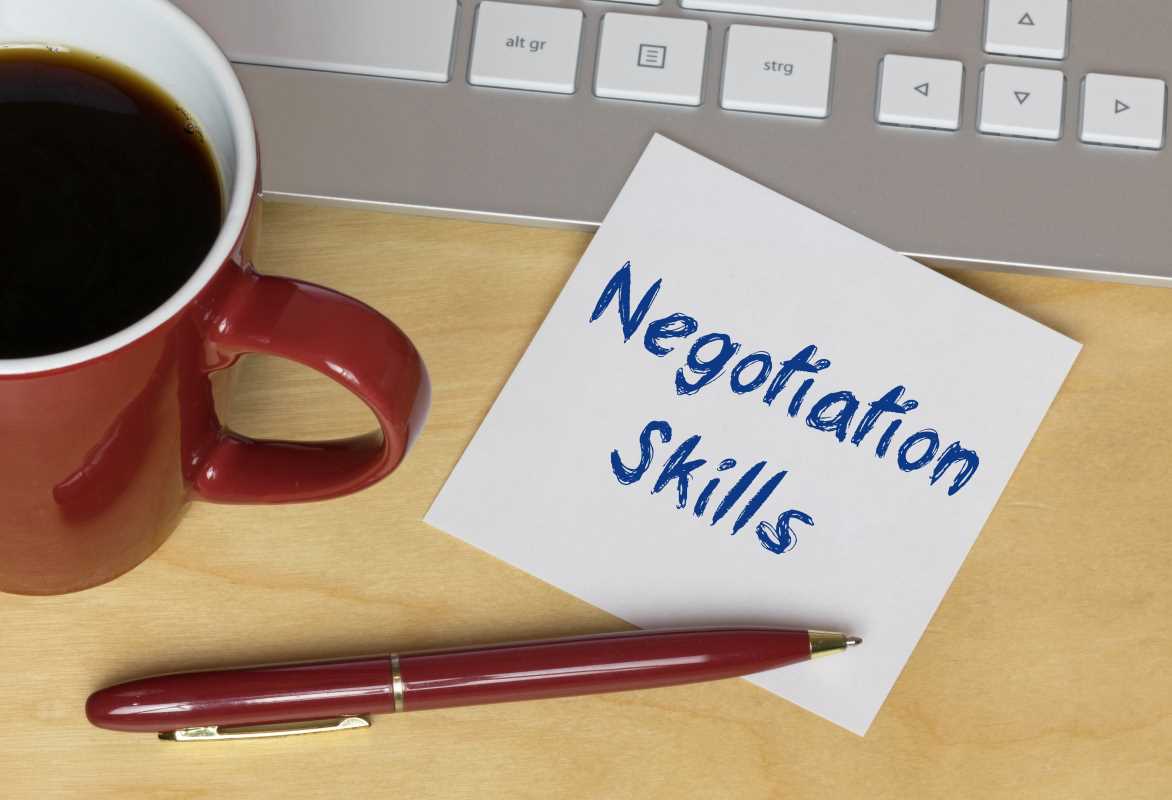The persistent demands of work, family, and personal responsibilities can often feel overwhelming, leading to a state of chronic stress. This is more than a feeling of being busy. It’s a physical and emotional response that can take a toll on your health and well-being. While stress is an unavoidable part of life, being controlled by it is not. Learning to manage daily stress effectively is an important skill for maintaining balance and protecting your long-term health. By adopting practical stress management techniques, you can calm your mind, relax your body, and build the resilience needed to navigate life's challenges with greater ease and confidence, transforming your relationship with pressure.
Understanding the Stress Response
Before exploring solutions, it is helpful to understand what happens in your body during a stressful event. When you perceive a threat, your nervous system triggers a "fight-or-flight" response, releasing a flood of hormones like adrenaline and cortisol.
- This response prepares you to handle an emergency by increasing your heart rate, tensing your muscles, and sharpening your focus.
- While this is incredibly useful for surviving immediate danger, many modern stressors—like traffic jams, work deadlines, and financial worries—keep this system activated for prolonged periods.
- Chronic activation can lead to serious health problems, including anxiety, high blood pressure, and a weakened immune system.
- Effective stress relief techniques work by counteracting this response and activating the body's natural relaxation state.
Mindfulness and Grounding Techniques
One of the most powerful ways to combat stress is to bring your awareness to the present moment through mindfulness. Stress and anxiety often stem from worrying about the future or ruminating on the past. Mindfulness practices pull your focus back to the here and now, interrupting the cycle of stressful thoughts.
The Power of Mindful Breathing
Your breath is a potent, built-in tool for managing stress. Unlike your heart rate, your breathing is something you can consciously control. Deep, diaphragmatic breathing is one of the most effective relaxation methods because it directly stimulates the vagus nerve, which activates the "rest and digest" part of your nervous system.
To practice this, find a comfortable position and place one hand on your chest and the other on your belly. Inhale slowly and deeply through your nose for a count of four, allowing your belly to expand as you fill your lungs with air. Your chest should remain relatively still. Hold your breath for a count of four, and then exhale slowly through your mouth for a count of six. The longer exhalation helps to slow your heart rate. Repeat this process for several minutes, focusing solely on the sensation of your breath. This simple exercise can be done anywhere to provide immediate calm.
Grounding Through the Five Senses
When your mind is racing, a simple grounding exercise can bring you back to the present moment. This technique involves using your five senses to notice your immediate surroundings. Take a moment to consciously identify:
- Five things you can see
- Four things you can feel
- Three things you can hear
- Two things you can smell
- One thing you can taste
By systematically engaging each of your senses, you shift your focus away from internal worries and onto the external world. This simple but effective method can quickly de-escalate feelings of anxiety and provide a powerful sense of stability.
Physical Activity as a Stress Reliever
Physical movement is one of the most effective stress management techniques. Exercise helps to metabolize excess stress hormones and boosts the production of endorphins, your body's natural mood elevators. You do not need to engage in strenuous workouts to reap the benefits. Even moderate, consistent activity can make a significant difference.
A brisk walk, a gentle yoga session, or simply dancing to your favorite music can help clear your head and reduce muscle tension. Rhythmic activities that involve moving both your arms and legs, like walking, running, or swimming, are particularly effective at calming the nervous system. The key is to find a form of movement you enjoy, as this makes it more likely that you will stick with it as a regular part of your routine for managing daily stress.
Building Long-Term Resilience
While in-the-moment stress relief techniques are essential, building long-term resilience is what helps you handle stressors more effectively over time. Resilience isn’t about avoiding problems. It’s about your ability to bounce back from adversity.
Prioritizing Sleep and Nutrition
Stress can severely disrupt your sleep patterns, and a lack of sleep, in turn, makes you more vulnerable to stress. This creates a vicious cycle. Prioritizing good sleep hygiene is fundamental to resilience. Try to maintain a consistent sleep schedule, create a relaxing bedtime routine, and make your bedroom a dark, quiet, and cool environment. Similarly, your diet plays a role. A balanced diet rich in fruits, vegetables, and whole grains can support your mood and energy levels, while excessive caffeine, sugar, and processed foods can exacerbate feelings of anxiety and stress.
The Importance of Social Connection
Meaningful connection with others is a powerful buffer against stress. Sharing your feelings with a trusted friend, family member, or therapist can provide validation and perspective. Social interaction can also provide a healthy distraction from your worries. Make a conscious effort to nurture your relationships and set aside time for social activities. Knowing you have a support system to lean on can make life's challenges feel much less daunting.
 (Image via
(Image via





